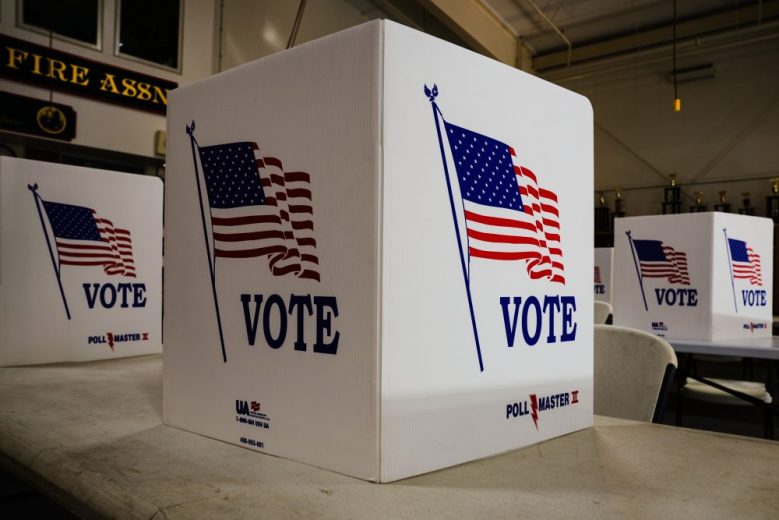A proposed ballot measure in Maine, known as Question 1, has raised significant concerns among Indigenous advocates regarding its potential impact on voting access for Indigenous citizens. Wabanaki leaders argue that the measure prohibits the use of tribal identification when voting, which could create serious barriers for many Indigenous voters in the state.
The issue centers on the interpretation of voting laws and the recognition of tribal IDs. According to Maine’s Secretary of State, Shenna Bellows, this measure creates “incongruency” within the state’s voting framework. She noted that the exclusion of tribal IDs contradicts the state’s efforts to promote inclusivity in the electoral process.
Advocates Raise Red Flags
Wabanaki advocates, representing the Indigenous populations of Maine, have voiced their strong opposition to Question 1. They contend that the measure undermines the voting rights of Indigenous people, which could disenfranchise a significant portion of the electorate. In a statement, Chief Michael C. Coon of the Penobscot Nation emphasized that “every vote matters,” urging citizens to consider the implications of the measure.
The argument against Question 1 also highlights the broader context of voting rights in the United States, where many Indigenous communities have historically faced obstacles at the polls. Advocates argue that ensuring access to voting through tribal IDs is a crucial step in recognizing the sovereignty of Indigenous nations and their citizens.
Potential Implications for the November 2024 Election
As Maine approaches the November 2024 election, the ramifications of this ballot measure could be profound. If the measure passes, Indigenous voters may need to navigate additional hurdles in the voting process, which could deter participation. Experts warn that the measure’s adoption could lead to a lower turnout among Indigenous voters, thereby impacting the overall election outcome.
The debate over Question 1 is emblematic of a larger national conversation about voting rights and representation. Many states are reevaluating their voting laws, with some facing scrutiny for measures perceived as restrictive. The outcome of this particular ballot measure in Maine will likely resonate beyond its borders, potentially influencing similar discussions in other regions.
As the election date approaches, Wabanaki advocates and their supporters are mobilizing efforts to raise awareness about the potential consequences of Question 1. They are calling on voters to engage in discussions about the importance of inclusive voting practices and to consider the rights of all citizens, regardless of their tribal affiliation.
In conclusion, the implications of Question 1 extend beyond the immediate voting process in Maine. This measure highlights critical issues surrounding Indigenous rights and representation in democracy, a conversation that continues to evolve across the United States. As advocates push for equitable access to the ballot box, the outcome of this ballot measure could serve as a pivotal moment for Indigenous voting rights.







